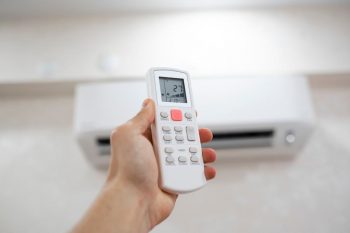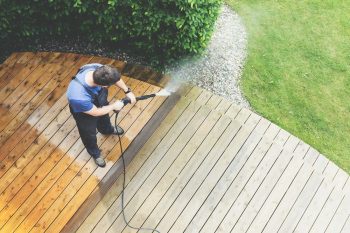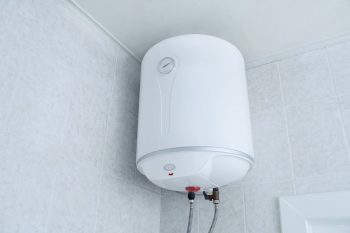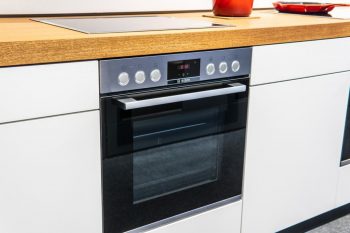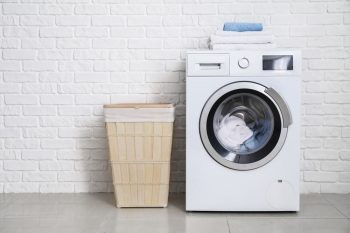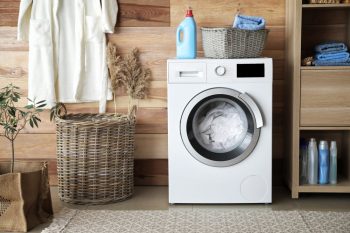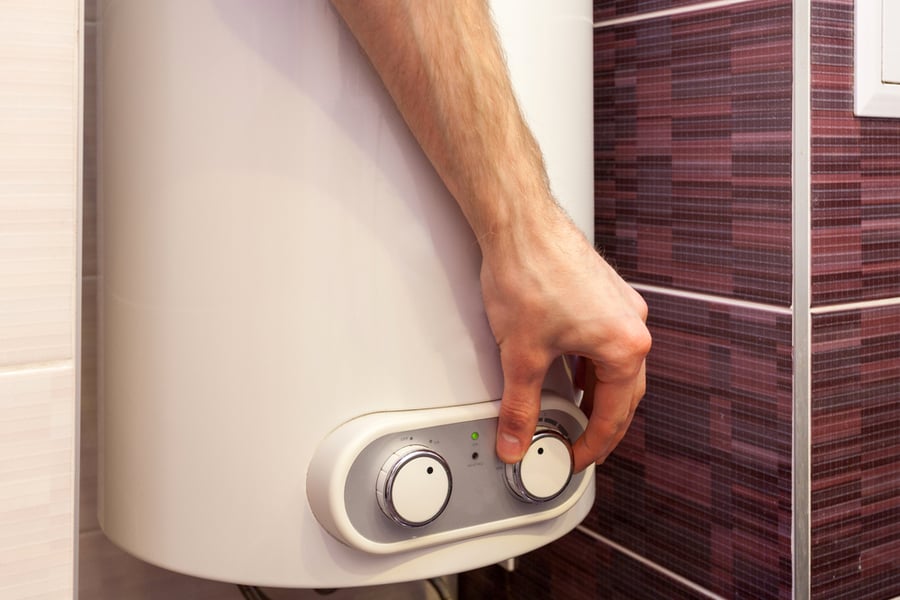
Did you pass by your water heater and realize it was making weird sounds? There can be a variety of sounds that your water heater often produces.
It can be a hissing, popping, knocking, banging, or whistling sound. Sometimes you might even hear water splashes sound but find no leakage around.
Besides being annoying, the noise may even make you worried since it might ring the bell of a disaster. Well, there can be many reasons behind this strange behavior of your water heater, and you can cure it by taking proper measures.
At first, you will have to inquire what the noise is and where it is coming from. After identifying the reason behind the noise, you can easily troubleshoot the problem and get your water heater back to working safely.
Water heaters do make noise normally. However, some specific sounds can be an indication of a problem. The common water heater noises and their solution are:
- Popping sound – flush the water tank.
- Banging sound – use a thermal expansion tank.
- Whistling sound – fill cracks and replace faulty valves.
- Hissing sound – lower the temperature setting.
- Humming sound – tighten the heating element.
This article will discuss some common sounds produced by water heaters. We will look into their causes as well as their treatment.
Is It Okay if My Water Heater Makes a Noise?
A water heater is a device that heats the cold water for you and makes it easy to do your chores. It provides warm water for showering, washing, cleaning, and other uses.
Like all devices somehow produce sounds, so does your water heater. Because it is heating the water, it is supposed to make a specific hissing or slight bubbling sound.
However, you can differentiate whether it is a normal sound or a terrible noise.
In case your water heater has suddenly started producing a different sound than it normally does not or is making a large noise, it might require your attention.
By analyzing the sound, its source, and the reason behind it, you will be able to resolve many big issues before they make things worse.
5 Types of Water Heater Sounds and Their Solution
Water heaters do make your life a lot easier and more convenient. You must ensure your water heater is working in its optimal condition. Any weird noise can indicate some serious issue with your unit.
There can be several different sounds your water heater may produce; each sound can indicate a specific problem with the heating unit.
You can try the right solutions to see what is resolving and working out for you. We will discuss the most common sounds to each type of sound in the details below:
1. Popping Sound
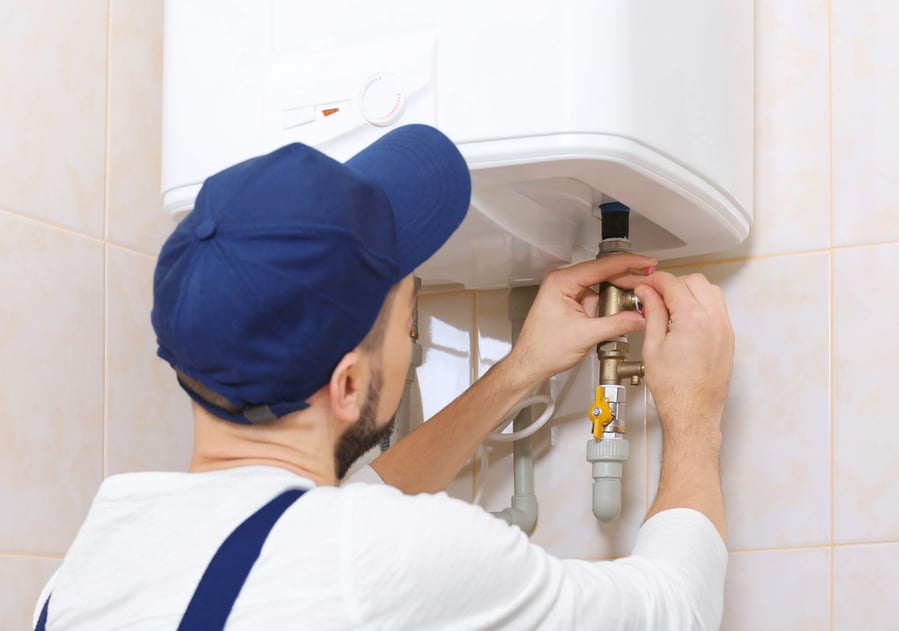
Popping sounds are the most common sounds that you might associate with your water heating unit. The popping sound is mostly the buildup of sediments in the water heater.
Sediment buildup is a common event in most water heating units. You might also see the sediments building up on the bottom of the pan when heating water in it. The reason is the high proportion of minerals in the water.
Hard water is a big problem in many areas. Hard water contains a high content of minerals, especially calcium, magnesium, and sulfur.
As layers of these sediments form on the walls of the water heating unit, it makes steam bubbles whenever heated. The popping sound of these bubbles can be quite large and be heard.
Solution
A large variety of descalers are available in the market. You can use the descalers to cut off the segment blocking up the bottom of the water heater.
Flushing the water unit several times can also reduce the issue to some extent. However, proper operation is required to fight off long-built sediments.
2. Banging Sound
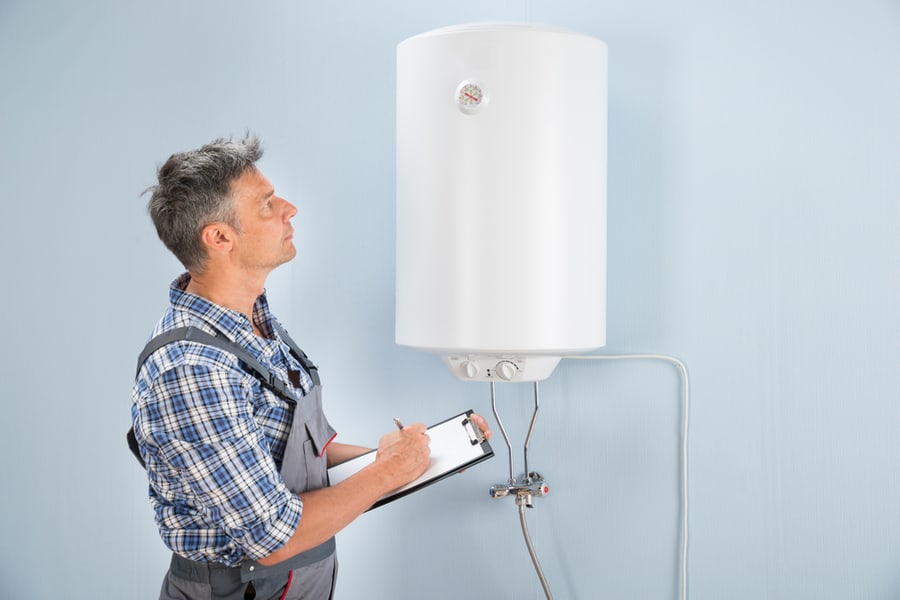
Since the water heater is an enclosed container, it can generate pressure. Whenever heated, the water tries to expand naturally. This creates a huge pressure inside the water heating unit.
The pressure forces the water in its own direction, which can produce a banging noise. This phenomenon is also known as a water hammer.
This can be dangerous as it can cause leakage and bursting of water pipes creating a huge mess.
Solution
To solve the pressure-related problems in your water heater, you must consider attaching a thermal expansion tank to your unit. A thermal expansion tank allows the water to expand naturally by offering extra space to hold the excess pressure.
This ensures your water tank and pipes are safe and prevent any leakage or bursting.
3. Whistling Sound
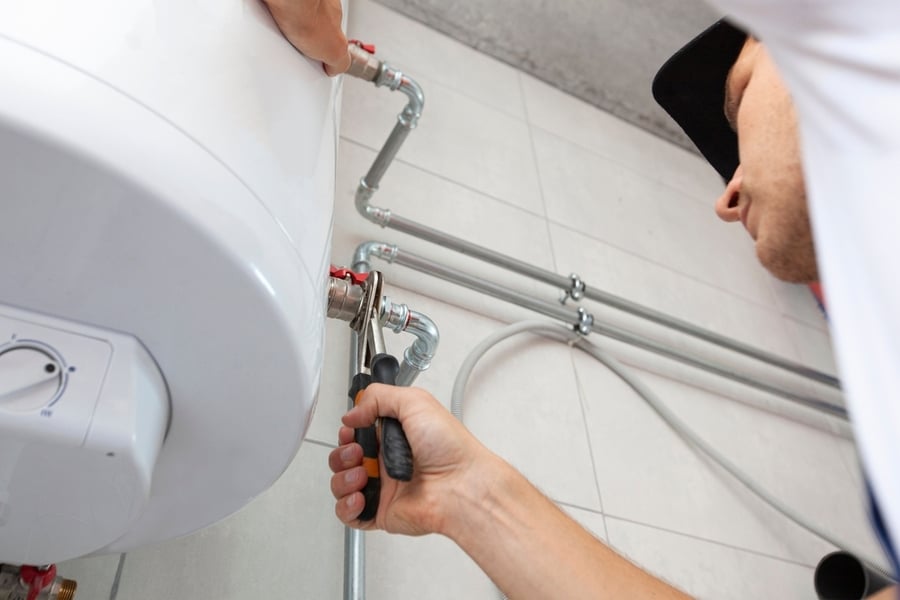
A whistling sound is usually produced when the pressure inside a container is released through some tiny aperture.
In the case of a water heater, the pressurized water heater might leave the container through any small hole leading to a high-pitched whistling sound.
This can also indicate an improperly installed water valve.
Solution
Locate where the whistling sound is coming from. Look for any holes or ruptures in the said area. If there is a water valve, carefully analyze it.
Most of the time, the sound is produced by a faulty valve. The valve can be repaired or replaced to cure this problem.
4. Hissing Sound
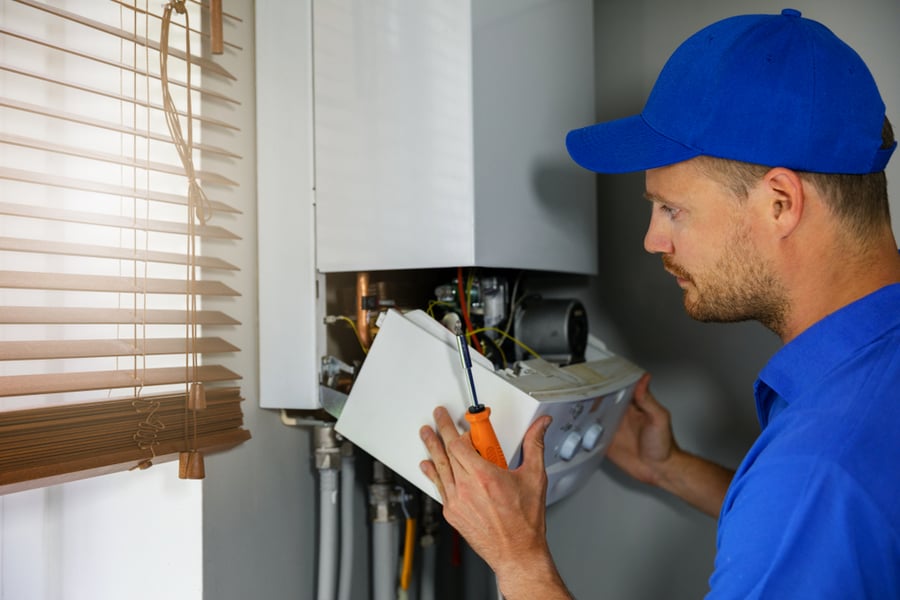
A hissing sound can be heard mostly when the water temperature is too high for the heater. As the container is refilled, water starts condensing when it comes in contact with a hot surface.
Other reasons behind the hissing noise can be any leaking or fracture of the water heating tank. Since the pressure is developed inside the heating tank due to the expansion of water, the sudden release of pressure through a narrow fracture can create a hissing sound.
Solution
It is normal to hear a hissing sound when the water heating unit is being refilled. It happens mostly when the water is utilized in large quantities in the house utility. You can lower the temperature a little to stop loud hissing sounds.
If the hissing sound is due to a fracture to the unit, call a professional for its repair as soon as possible.
5. Humming Sound
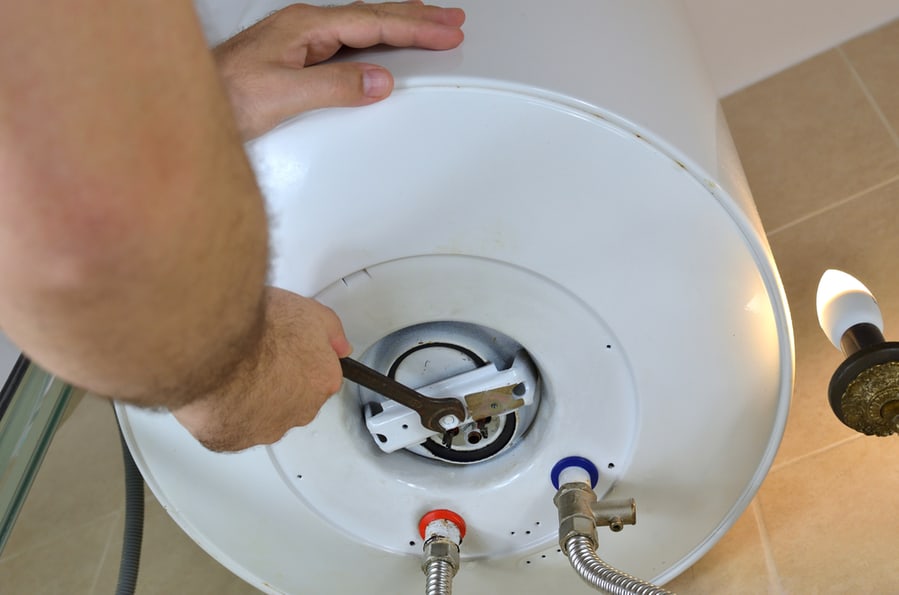
A humming sound is usually produced when the water runs around the heating element of the water heater. This phenomenon can create vibration in the heating element leading to a humming noise.
Solution
The vibrations are mostly due to a loose heating element. By tightening up the heating element, you can reduce the humming sounds to a great extent.
6. Vibrating Sound
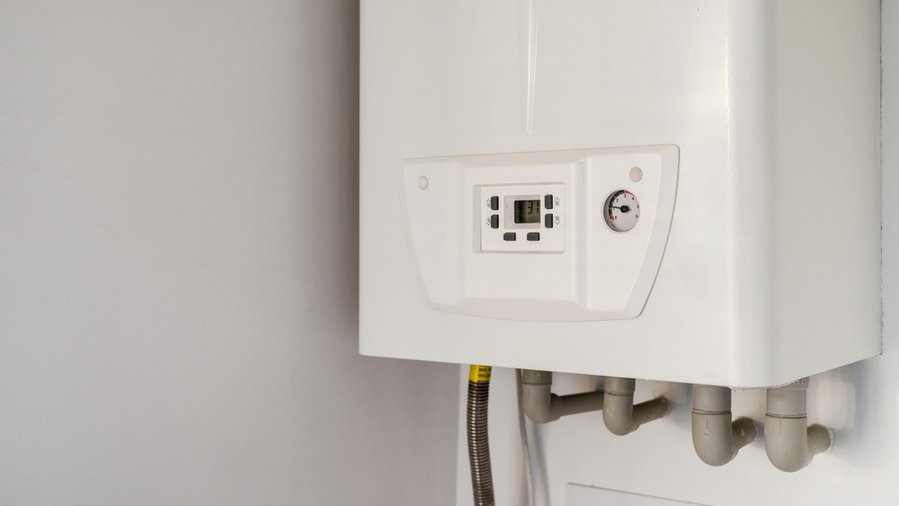
Sediment buildup on the bottom of the water heater is the major reason behind a vibrating sound. As the water boils in the water heating tank, it develops bubbles under the sedimentation layers, producing vibration sounds.
Solution
You can reduce the production of vibrating sound in your water heater by cleaning it up regularly to reduce sediment buildup. For that, you can flush it regularly.
Moreover, a descaler can also help in this regard.
How To Prevent Sediment Buildup in Your Water Heater
Although there can be many reasons behind a noisy water heater, sediment buildup can be the main reason.
Sedimentation produces a huge noise and can be very dangerous for your water heater in many other aspects. It can reduce the water heating capacity of your unit and develop a need for replacement way too earlier than the actual life of the unit.
You can take important preventive measures to reduce sedimentation buildup in your water heating unit. Below are some important and necessary steps to reduce and cope with sedimentation buildups.
Flushing
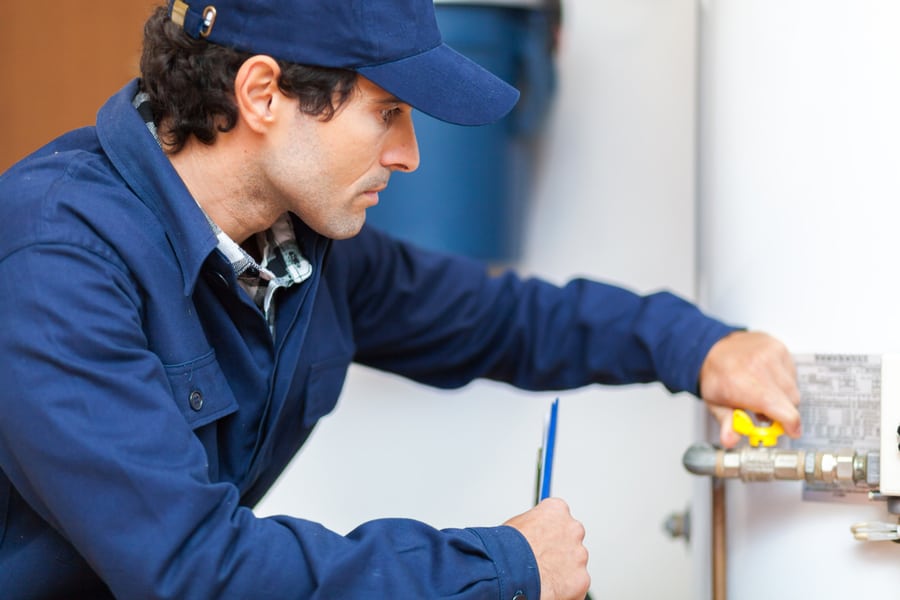
Make sure to flush your water heating tank with abundant water twice yearly. You can perform flushing of your water heating unit in the following way:
- Close the water inlet valve to the water tank.
- Please turn off the water heater’s heating element and let it cool.
- Open the tap to release all the water inside the water heating tank and empty the container.
- Open the water inlet valve and let the tank fill halfway with the cold tap water.
- Release the water again by closing the inlet valve and opening other taps to release the water. This will help in rinsing the water tank.
- Perform the step multiple times until the sediments are cleared up completely.
Conclusion
To prevent your water heating unit, you will first need to identify the type of sound and then cure it.
You will need to flush the water tank in case of a popping sound. Your water heater might miss the thermal expansion tank if you hear a banging sound.
The whistling sound indicates cracks and faulty valves, which can be repaired to stop the noise.
If your water heater produces a hissing sound, consider lowering the temperature. A humming sound can represent a loose heating element.
Since sedimentation is the main culprit for noises in the water heater, you can flush the unit to see better results.
Frequently Asked Questions
How Can I Prevent Sedimentation in My Water Heating Unit?
You can prevent sediment buildup in your water heater by using a water softener, installing a water filter, flushing, regularly cleaning your water heating tank, and setting an optimal temperature on the thermostat.

